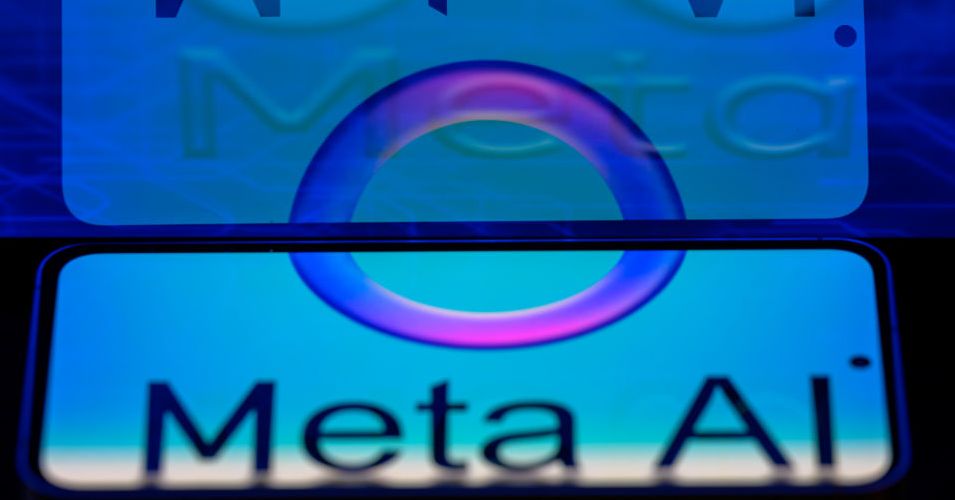Scientists Are Departing Meta’s New Superintelligence Laboratory

At least three researchers in artificial intelligence have departed from Meta’s newly established superintelligence lab, just two months after CEO Mark Zuckerberg announced the project. Two of the former employees have returned to OpenAI, where they both previously worked, after spending less than a month at Meta, as confirmed by WIRED.
Avi Verma had been a researcher at OpenAI. Ethan Knight previously worked at the ChatGPT creator but came to Meta from Elon Musk’s xAI. A third researcher, Rishabh Agarwal, publicly declared on Monday that he was leaving Meta’s lab as well. He joined the company in April to focus on generative AI projects before transitioning to a role at Meta Superintelligence Labs (MSL), according to his LinkedIn. The reasons for Agarwal’s exit remain unclear, especially since he is based in Canada, while most of Meta’s AI teams are located in Menlo Park, California.
“Deciding not to remain with the new Superintelligence TBD lab was difficult, especially considering the talented people and compute resources,” Agarwal shared on X, referencing the specific team at MSL dedicated to frontier AI research. “However, after 7.5 years at Google Brain, DeepMind, and Meta, I felt compelled to embrace a different kind of risk.” His next steps are currently unknown. Agarwal did not respond to WIRED’s request for comment.
“During an intensive recruitment period, some individuals may choose to remain in their current positions instead of pursuing new opportunities,” remarked Meta spokesperson Dave Arnold. “That’s completely normal,”
Meta is also losing another key player who has been with the company for nearly a decade. Chaya Nayak, the director of generative AI product management at Meta, is set to join OpenAI to focus on special initiatives, as confirmed by two sources familiar with the situation.
Verma and Knight did not provide comments to WIRED. Nayak declined to comment before publication.
These departures are the strongest indication yet that Meta Superintelligence Labs may be experiencing a challenging start. Zuckerberg attracted talent to the lab with pay packages in the nine-figure range, more akin to those of professional athletes than tech employees, hoping to enable the company to swiftly catch up with its rivals in the race toward artificial general intelligence.
However, reports suggest that Meta executives have grappled with bureaucratic hurdles and recruitment challenges concerning its AI initiatives. The company has reorganized its AI teams multiple times recently, most recently dividing employees into four groups, according to The Wall Street Journal.
In July, Zuckerberg revealed that another former OpenAI researcher, Shengjia Zhao, instrumental in developing ChatGPT, would assume the role of chief scientist at MSL. This announcement followed Zhao’s attempt to rejoin OpenAI, even going as far as signing employment paperwork, according to several sources with direct knowledge of the events.
“Shengjia co-founded MSL and has been our scientific lead from the beginning,” Arnold stated in a comment to WIRED. “We formalized his role once our recruitment ramped up and the team took form.”
